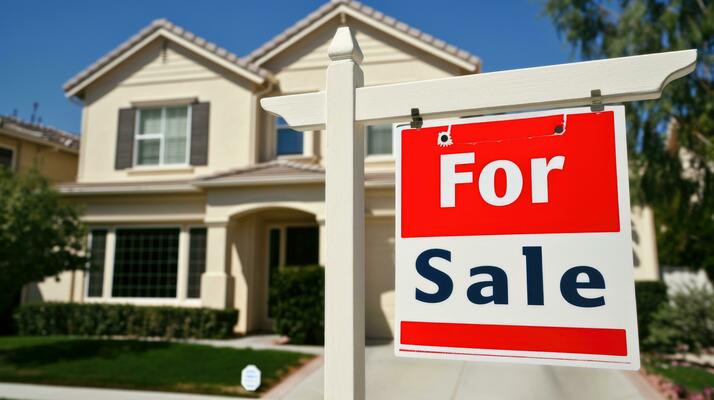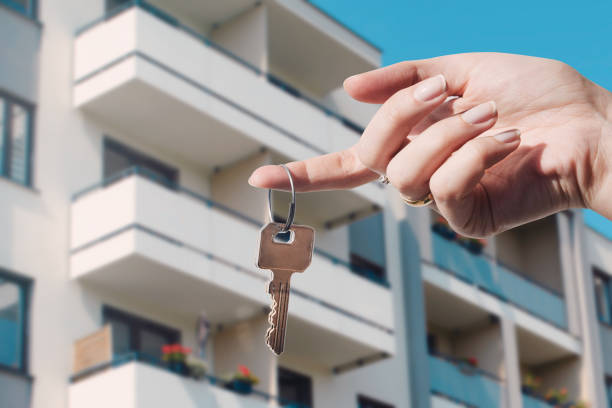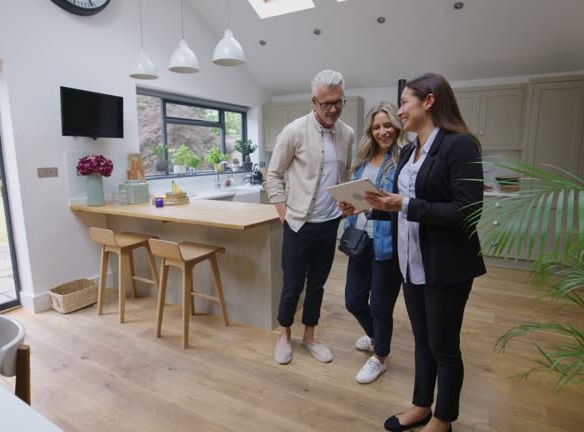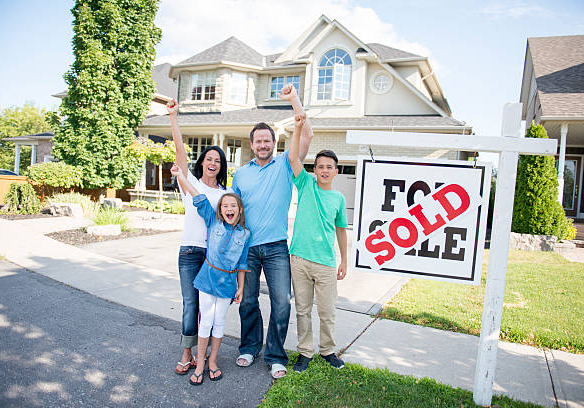Let’s say you’re thinking of selling your property this year. You’ve watched the market, read the news, maybe even checked Rightmove a few times too many. But you’re stuck on one question:
Is selling a flat easier or harder than selling a house in 2025?
Well, you’re not alone — it’s a hot topic in the UK housing world. And with changing market trends, leasehold reforms, and evolving buyer priorities, the answer isn’t as clear-cut as you might think.
In this article, I’ll walk you through everything you need to know about selling a flat vs. selling a house in 2025 — from what impacts value to which sells faster, and what can delay the sale. Let me show you what matters most.
What’s the Difference Between a Flat and a House?
Before we get into selling, let’s get clear on what we’re comparing.
- A flat (or apartment) is usually a leasehold property — meaning you own the inside, but not the land it sits on.
- A house is typically freehold — you own the building and the land.
Seems simple enough. But when it comes to selling, that little difference in ownership can make a massive difference in process, pricing, and buyer interest.
Why 2025 Is a Unique Year for Sellers
Now, let me tell you why this year is different.
The UK property market in 2025 has shifted in a few key ways:
- Mortgage rates have stabilised after a turbulent 2023–2024.
- Leasehold reforms are in motion — buyers are more cautious about flats.
- Remote work continues to influence demand for larger homes.
All of these have an impact when it comes to selling a flat vs. selling a house.
Selling a Flat vs. Selling a House: Which Is More Profitable?
Let’s get straight to what most sellers care about — the money.
Average Sale Prices (2025 UK Data)
| Property Type | National Average (Jan 2025) |
| Flat | £234,000 |
| House | £313,000 |
According to the UK House Price Index, houses still command a significantly higher average price than flats. But price alone doesn’t tell the full story — costs, time on market, and legal hurdles matter too.
So, when looking at selling a flat vs. selling a house, price is just one piece of the puzzle.
Which Sells Faster?
Time on Market (Spring 2025)
| Property Type | Average Time to Sell |
| Flat | 65 days |
| House | 52 days |
Generally, houses sell faster than flats. Why?
- Flats often come with leasehold issues (we’ll get into that shortly).
- Buyers prefer space, especially post-COVID.
- Ground rents and service charges scare off some buyers.
So if speed matters to you, that’s one strike against flats.
Legal Complexity: Leasehold vs. Freehold
Now, let’s talk about the big elephant in the room — leaseholds.
Selling a Flat (Leasehold)
Selling a flat usually means:
- You need to provide a Leasehold Information Pack (can cost £200–£500).
- The buyer’s solicitor will scrutinise the remaining lease term (less than 80 years? Expect delays or price drops).
- You’ll need to explain ground rent and service charges, and they need to be reasonable.
Leasehold properties often involve more back-and-forth between solicitors, managing agents, and freeholders. This alone can add weeks to the sale.
Selling a House (Freehold)
Selling a house? It’s usually simpler:
- No leasehold complications.
- Fewer legal documents.
- Less risk of the sale falling through due to management company issues.
In the debate of selling a flat vs. selling a house, legal complexity is a clear win for houses.
Maintenance & Service Charges: A Hidden Cost
Let me show you how flats can sneak extra costs into the sale.
Most flats come with monthly service charges to maintain communal areas — think lifts, gardens, security, etc.
Example: A flat in Birmingham City Centre might carry service charges of £1,800–£2,500 per year. That’s a big commitment for buyers.
When buyers see high service charges, they may:
- Try to negotiate the price down.
- Walk away from the deal.
- Delay the process while they review the financials.
Houses? No such problem — buyers know what they’re getting, and they manage their maintenance.

Who’s Buying in 2025?
Understanding your buyer is key when deciding how to position your property.
Typical Flat Buyers in 2025:
- Young professionals are looking for affordability and location.
- First-time buyers using Help to Buy ISAs or shared ownership.
- Investors, though, demand has dropped due to tax changes.
Typical House Buyers in 2025:
- Families looking for gardens and space.
- Upsizers are moving out of cities.
- Remote workers need home offices.
With remote and hybrid work still shaping the market, demand for houses remains strong, especially in commuter towns like Reading, Guildford, and St Albans.
Flat vs. House: Renovation & Presentation
Here’s where selling gets fun — and personal.
Flats:
- Often part of uniform blocks, so your options for external improvements are limited.
- But you can still renovate the interior for a wow factor — think modern kitchens, fresh flooring, and new lighting.
Houses:
- You have full creative control — front gardens, paintwork, extensions.
- A well-presented house with kerb appeal can fetch thousands more than a tired one next door.
So, in terms of potential uplift through DIY or home staging, houses win again in selling a flat vs. selling a house.
Stamp Duty Considerations
Don’t forget the buyer’s costs, because they affect you too.
In 2025, the basic Stamp Duty thresholds remain:
- £250,000 threshold for main residences.
- First-time buyers pay no Stamp Duty up to £425,000.
Flats are often priced below the thresholds — a bonus for first-time buyers.
Houses, on the other hand, may push buyers into paying more Stamp Duty, which can affect their max offer.
Pro tip: Use the UK Stamp Duty calculator to understand how it impacts your buyer’s mindset.
Energy Efficiency Ratings (EPCs)
With sustainability top of mind in 2025, buyers are looking closely at EPC ratings.
- Flats often score better due to shared walls and efficient heating.
- Older houses may have lower ratings — unless updated with insulation, double glazing, or solar panels.
If you’re selling a house, investing in a better EPC rating could add value. In flats, your control may be limited.
What About Fees?
Don’t forget to factor in:
- Estate agent fees: 1%–2% of sale price.
- Conveyancing fees: £850–£1,500.
- Leasehold packs (for flats): £200–£500.
Selling a flat generally costs more in admin. That’s another tick in favour of houses.
Common Mistakes Sellers Make (And How to Avoid Them)
Now, let me tell you about the mistakes I’ve seen too many UK sellers make.
Mistake 1: Ignoring Lease Issues
If your flat has a short lease (under 80 years), sort it out before listing. It could knock off 10–20% from your sale price.
Mistake 2: Overpricing a Flat
Buyers are more informed than ever. If your flat doesn’t stack up on location, condition, or lease terms, they won’t bite.
Mistake 3: Not Preparing a House Properly
Just because houses are in demand doesn’t mean they’ll sell themselves. Clean, declutter, and stage like you mean it.
Should You Sell a Flat or a House in 2025?
If you own both and you’re unsure which to sell, here’s a quick guide:
| Scenario | Sell the Flat | Sell the House |
| Need a quicker sale | ❌ (usually slower) | ✅ |
| Want fewer legal headaches | ❌ | ✅ |
| Market dip in your area | ✅ (flats hold better in city centres) | ❌ |
| Want maximum profit | ❌ | ✅ |
| Targeting first-time buyers | ✅ | ❌ |
Final Thoughts: Selling a Flat vs. Selling a House in 2025
When it comes to selling a flat vs. selling a house, there’s no universal winner. But here’s what we’ve learned:
- Houses sell faster, for more money, and with fewer legal headaches.
- Flats are still solid choices for first-time buyers, but leasehold issues can slow things down.
- Presentation, paperwork, and pricing are key no matter what you’re selling.
So if you’re getting ready to sell, don’t just list and hope.
Know your buyer. Understand your property. Be strategic.





Join The Discussion